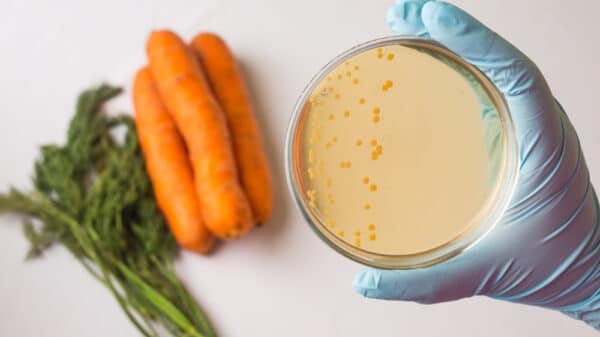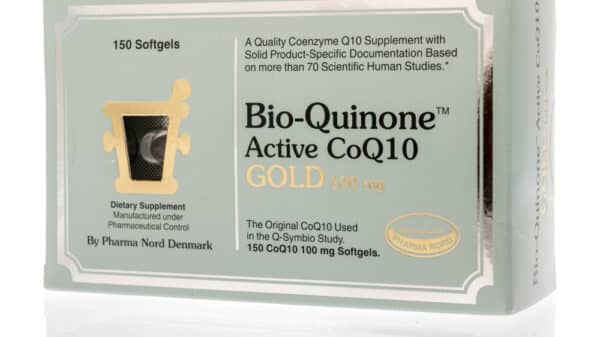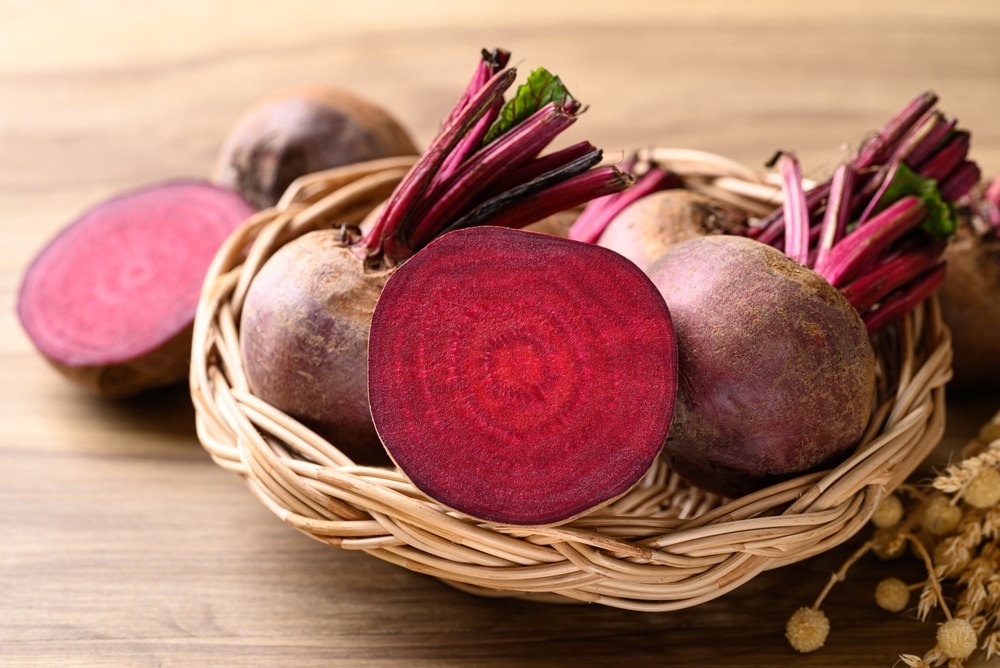A combination of factors affecting my performance, including the break I had taken. Being back in the gym after a pause can make every session feel a bit like an uphill battle. The familiar burn of exertion was there, but the zest I hoped beet juice would bring was elusive.
As I persisted with this new regimen, I began to notice some subtle shifts in my energy levels. During my strength training sessions, although I still felt a bit rusty, there were moments where I could sense a boost. On days when I was diligent about timing the beet juice consumption — around 12 to 16 ounces about two hours before workouts — I found my stamina stretching a little further than before.
The cognitive boost was perhaps the most surprising; during those heavy lifts, I felt clearer, more focused, and more in tune with my body than before. I wondered if it was the beetroot juice working its magic or simply the loving embrace of the gym after time away. Was it the triumph of being back, or had the beet juice actually enhanced my experience?
Week by week, I adapted to this new routine. The beet juice became a reliable fixture in my pre-workout ritual. While I still respected the potency of my former pre-workout supplement, I welcomed the fresh, earthy taste of beet juice, which also felt like I was caring for my body with something wholesome. In this world of heavy lifting and high-energy cardio, having something natural felt like a breath of fresh air.
Yet, I didn’t want to leave my relationship with beet juice on an untested note. I continued to research, seeking insight from fellow gym-goers and professionals in the nutrition field. Their experiences were mixed, with some swearing by beetroot juice, while others felt it didn’t profoundly change their workouts. As Lund mentioned, the response to beet juice might vary from person to person, a reminder that fitness is uniquely personal.
Throughout this journey, one thing remained constant — the importance of being mindful of what fuel I was putting into my body and how it all intertwined with my routine. I recognized that my experience with beet juice was a chapter in the broader narrative of my fitness journey. Each workout — whether exhilarating or challenging — contributed to my growth, pushing me toward what I perceived as my peak performance.
Beetroot juice may not be the magic bullet for every athlete or fitness enthusiast. Yet, as I reflected on my experience, I realized that starting with something approachable, natural, and evidence-based felt more authentic to my journey. If nothing else, it illustrated the endless experimentation and personalization inherent in fitness — a reminder that every individual must find their own rhythm and state of well-being.
In all honesty, whether it’s a Rice Krispies Treat or a vibrant glass of beet juice, it’s all about listening to your body, understanding what makes it thrive, and celebrating the little victories along the way. With this newfound relationship with beet juice, I’ve opened the door to something fascinating, and I look forward to discovering how it will continue to evolve. After all, the journey is just as important as the destination.I’ve always been on the hunt for ways to enhance my workouts, especially focusing on my stamina during those tough sessions at the gym. Fueling my body properly is essential, and I typically feel a nice boost from my pre-workout powder. However, during one late morning session when all I had eaten was a protein bar, I started to struggle. It’s funny how hunger can affect your performance; it’s like trying to run on empty. I could feel my energy dwindling, and that session ended up being less than stellar.
But here’s where things started to take a turn: during my next lower-body workout, I really turned a corner. It felt like my body was ready to push a little harder. I managed to lift more weight for my barbell squats than I had during my last leg day, and even bumped up my leg press by a significant 20 pounds! This time around, I had mixed beet juice into my pre-workout routine, about three hours before hitting the gym, and also had enjoyed a lunch of salmon, rice, and veggies about two hours prior. It made me wonder if the combination was what really gave me that strength boost, or if I was just getting back into the groove of things after some time off.
As excited as I was about adding beet juice to my routine, I quickly ran into a wall of reality. Trying to fit it into my busy schedule became a bit of a juggling act. Much of beet juice’s effectiveness is tied to timing—ideally, it needs to be consumed a few hours before your workout for the nitrates to kick in and do their magic, but my life doesn’t always allow for that kind of flexibility. I typically work out first thing in the morning, and drinking beet juice then required me to rearrange my entire routine. Add in the pressure from meetings and other commitments, and it felt like I was constantly at war with my own schedule. And I found myself thinking, why was I complicating things? I’ve always preferred hitting the gym on an empty stomach because anything heavier can make me feel queasy mid-workout.
Even after dousing myself in beet juice in hopes of a miraculous endurance boost, I didn’t truly feel a game-changing impact. Sure, my second lower-body workout might have felt better, but honestly, it could have just been fueled by that successful lunch or simply regaining my rhythm. I recognized that trying another week of this experiment would just be unrealistic, especially with my increasingly packed schedule.
Let’s be real: while there’s a swell of research supporting the benefits of beetroot juice in optimizing exercise performance, the reality of trying to fit that into a busy lifestyle doesn’t always add up. Personally, I find more satisfaction in the swift energy boost of my pre-workout powder—even if I admit it might not be the healthiest option out there. It’s ready to work its magic with just a quick 20-minute lead-up before hitting the gym, which is much more manageable for me.
That being said, it’s definitely worth considering giving beetroot juice a chance if you’re intrigued by its potential benefits. As an industry expert, Lund points out, “I think that there’s a time and a place for these kinds of safer things to dabble in, but it’s never going to replace high-quality sleep, a good diet, proper recovery, and rest.” It’s so true. So, if you want to experiment with beet juice, go for it! Just be prepared for a little pink surprise in your urine afterward—it’s kind of a badge of honor for those in the beet juice club, right?
Image Source: Nungning20 / Shutterstock
































